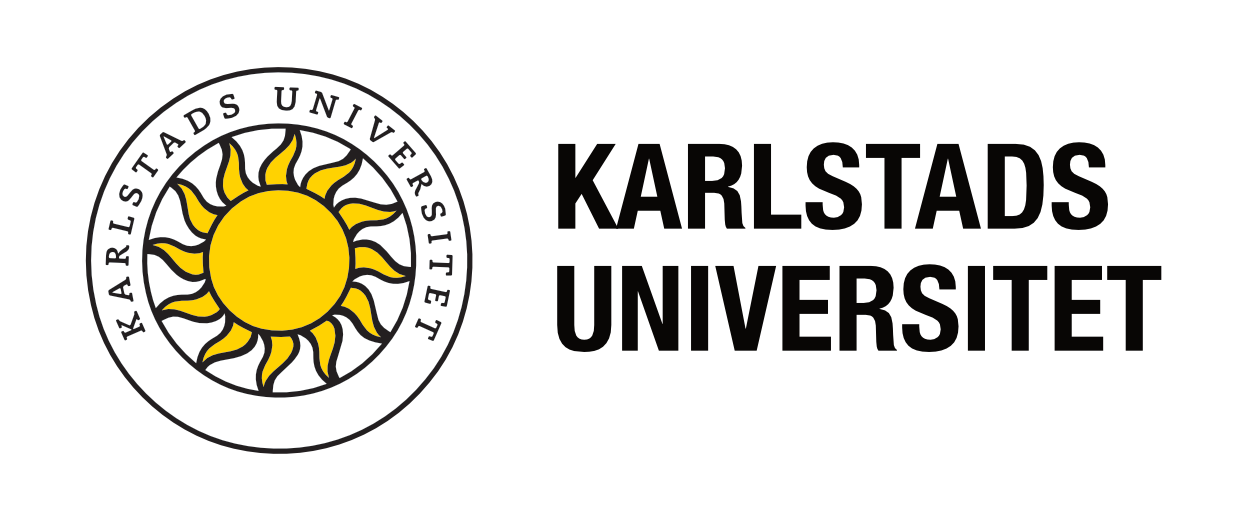How do you train students to read and understand scientific articles? Here is a lesson plan suitable for a group of 25-30 students in a physical classroom.
Continue reading “How to Read Scientific Research Articles: A Hands-On Classroom Exercise”Author: tomajans
Tips: Better technical drawing with peer review
Mikael Åsberg shares a scheme where future machine engineers trains each other in technical drawing. A system with controlled peer review provides less correction work for the teacher, more time with the students for dialogue and reflection and better quality of the students’ drawings. And the scheme is useful far beyond the subject of technical drawing!
Continue reading “Tips: Better technical drawing with peer review”Pedagogical café: To analyze text and scientific articles
The pedagogical café on 29 March 2023 was about students’ lack of habit of reading and understanding academic text.
Continue reading “Pedagogical café: To analyze text and scientific articles”The tree-step-strategy for reading scientific articles
For the unaccustomed student, it is easy to drown in details when trying to read scientific text such as research articles. It ends in confusion. The student needs a clear strategy to stick to. Here, Kershav describes a useful three-step method to keep the reader’s head safely above the water’s surface.
Continue reading “The tree-step-strategy for reading scientific articles”Academic writing by Lund University
Lund University have published a collection of short videos about academic writing as open resource. You can use some or all of them in your teaching.
Continue reading “Academic writing by Lund University”Peer response: Tools to improve student academic writing
How can you best work with peer response on academic text? Peer review versus peer response. Create good text seminars. Using a reading log and three didactic questions for text analysis. — A presentation.
Continue reading “Peer response: Tools to improve student academic writing”Tips: Systematic language training through a series of programme courses – an example
Here is an example of how systematic language training – reading, writing, managing academic texts – have been implemented in all courses of a 1-year study programme that concludes with an independent project. We hope it will inspire you.
Continue reading “Tips: Systematic language training through a series of programme courses – an example”Planning language progression throughout an entire study programme
A student with generally weak language skills is not likely to solve the issues over the time period of one single course. Measures to strengthen a student’s language skills therefore need to be planned using an overall approach that looks at the entire study programme.
Continue reading “Planning language progression throughout an entire study programme”Mandatory course components: When can we use it?
The general principle for higher education is that it is voluntary for the student. The only mandatory element is the examination. However, certain course components can be made mandatory, even if they are not part of the examination. How?
Continue reading “Mandatory course components: When can we use it?”Giving feedback on poor writing: How do you approach it?
It can be difficult to criticise someone’s writing. And perhaps even more difficult to be at the receiving end. And it will not be made easier if it concerns a course that does not revolve around language at all. Here is some advice on how to increase the chances of successful feedback.
Continue reading “Giving feedback on poor writing: How do you approach it?”
